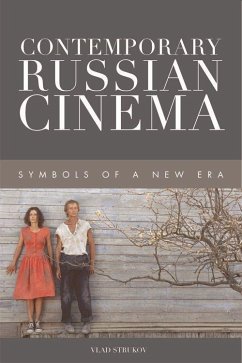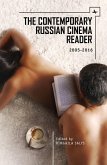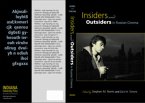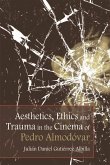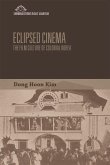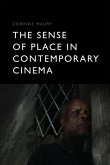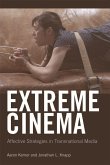'Pioneering and original, this book brings contemporary theory to the study of modern Russian film and brings recent Russian film to the attention of cultural theorists. Full of penetrating and exciting insights, it deepens our understanding of how contemporary Russian authorial cinema works and reminds us why it is important.' Julian Graffy, University College London 'Strukov's book is unique by its combination of outstanding theoretical vision and incredible attention to filmic texture. Through the theoretically innovative concept of the symbolic mode, the book explores the transformations in the epistemology of Russian film and the story of making and unmaking of new subjectivities called to life by the historical shifts of the last decade.' Mark Lipovetsky, University of Colorado Boulder One of the first books to explore Russian cinema in the new millennium, this volume captures the emergence of a new cinematic sensibility and interprets it through the framework of the symbolic mode. Analysing films by established directors such as Sokurov, Zviagintsev and Zel'dovich, as well as lesser-known filmmakers like Balabanov, Fedorchenko and Kalatozishvili, Contemporary Russian Cinema explores the particular style of film presentation that has emerged in Russia since 2000, characterised by its use of highly abstract concepts and visual language. Whether directed towards a mystical world, or even towards an afterlife, the symbolic mode defines the emergence of a specific mindscape which has escaped previous representational forms, and is intrinsically linked to Russia's dramatic political and economic development since the turn of the twenty-first century. Vlad Strukov is Associate Professor at the University of Leeds, specialising in world cinemas, digital media and cultural theory
Hinweis: Dieser Artikel kann nur an eine deutsche Lieferadresse ausgeliefert werden.
Hinweis: Dieser Artikel kann nur an eine deutsche Lieferadresse ausgeliefert werden.

